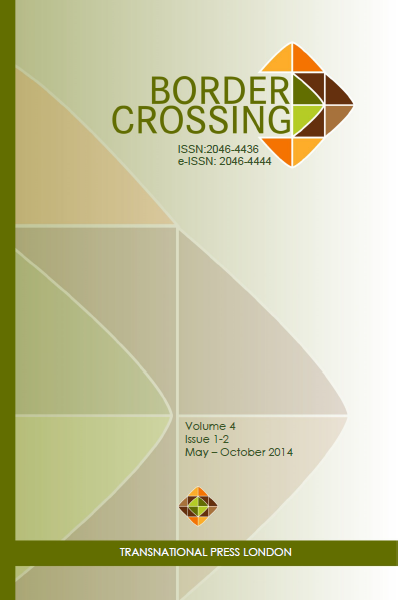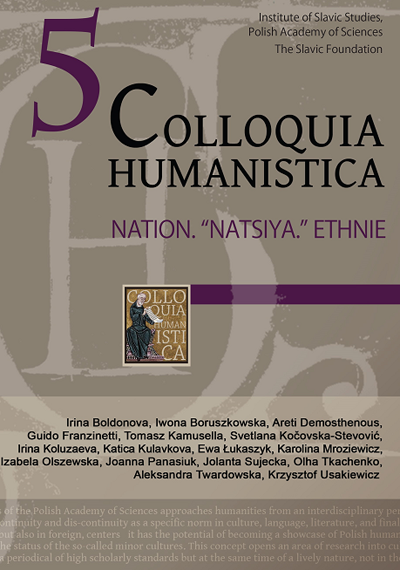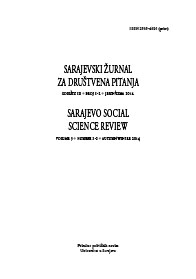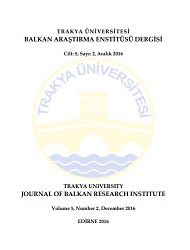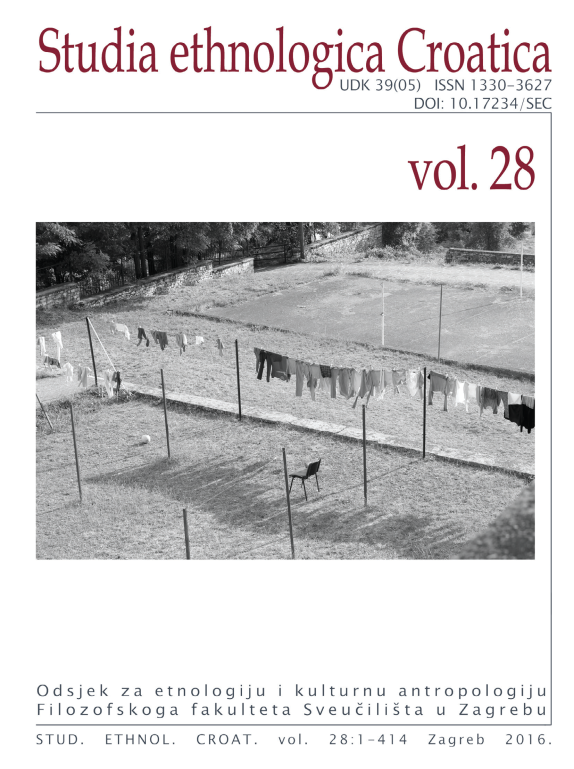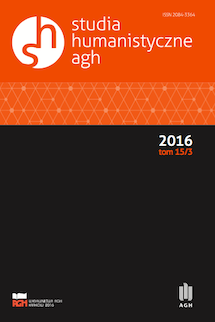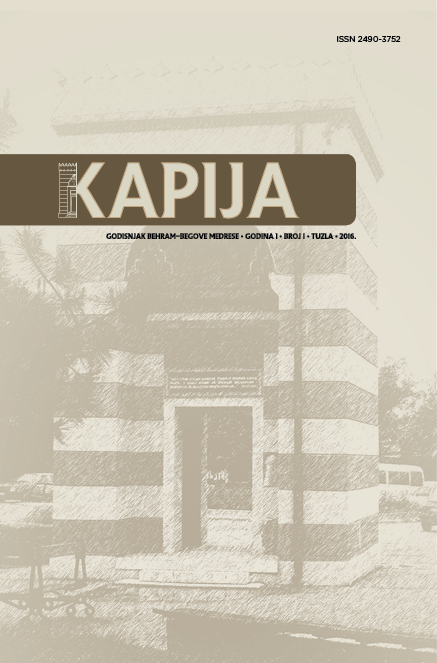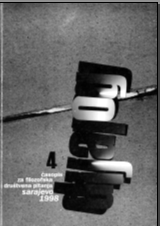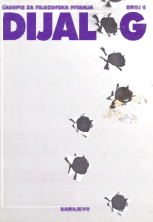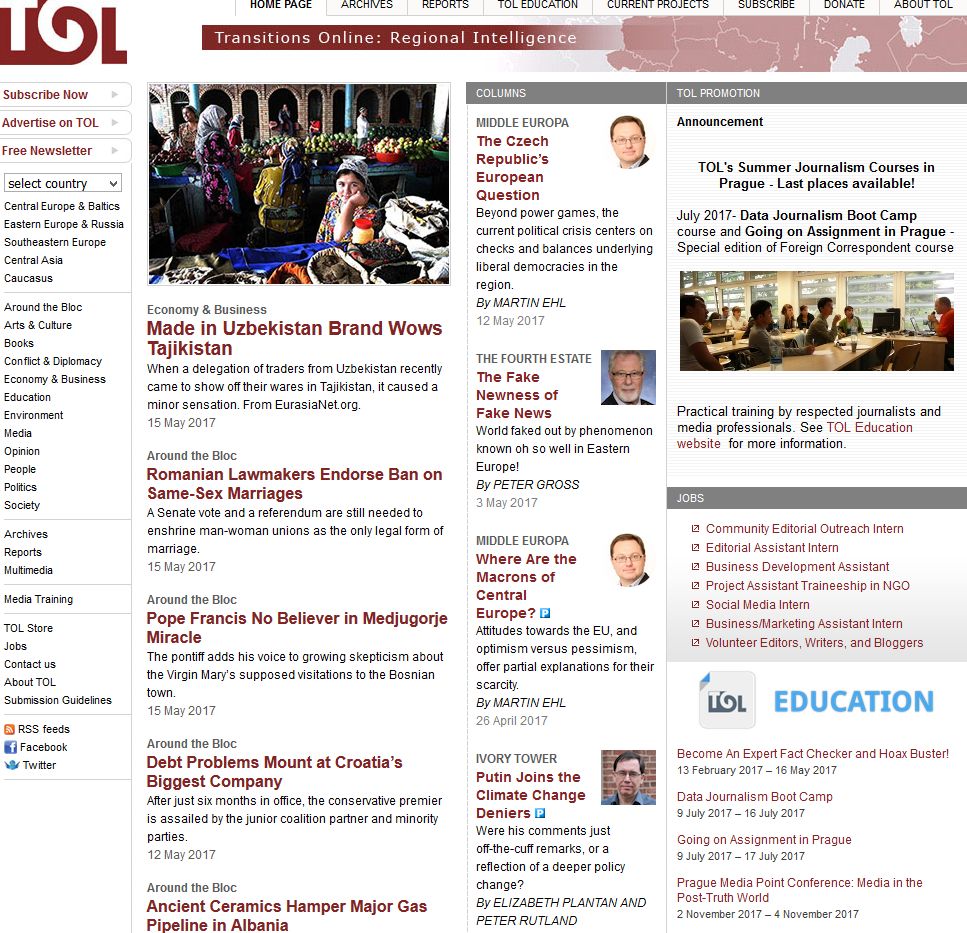Towards the Internationalisation Process of Lithuanian Universities
Under the pressure of globalisation and information technologies’ revolution nowadays world is characterized as fast changing and unpredictable. In such environment organisations cannot act separately in local markets. Consequently the internationalisation becomes as one of the vital preconditions for surviving in nowadays world.This paper focuses primarily on the internationalisation process which is complex and multifaceted. For this reason the authors present the deep analysis on internationalisation concept and introduce it as a process which is developed in regional, national and local – organisational levels.Higher education institutions and especially universities face the challenge of internationalisation as well. Universities which prepare graduates for nowadays labour market should react to ongoing changes and make their strategies orientated towards internationalisation. Universities separately implement internationalisation in their institutions according to their own institutional priorities. However it is noticed that the fragmentation of internationalisation process makes a negative impact on universities activities and competitiveness. Consequently the universities should think about their internationalisation strategies achieving their strategic goals. Scientific problem of the article is based on fostering competitiveness of Lithuanian universities in the EU or even global market, where internationalisation appears as one of main preconditions to achieve it.In developing these insights the paper aims to reveal the peculiarities of internationalisation process in Lithuanian universities. To achieve this aim three tasks were solved: to analyse the development of internationalisation concept; to analyse political and strategic guidelines of internationalisation of Lithuanian universities; to highlight the peculiarities of internationalisation implementation in Lithuanian universities.The paper presents qualitative research methods such as: analysis of Lithuanian and international scientific papers, analysis of the EU and Lithuanian documents, statistical comparative and explanatory analysis and interpretation.The results of the article: there was presented the common concept of internationalisation; there were analysed political and strategic guidelines of internationalisation of Lithuanian universities; there were highlighted main peculiarities of internationalisation’s implementation in Lithuanian universities.
More...
